Puzzling ancient galaxies and oddly shaped clusters suggest we have glimpsed cosmic strings travelling at the speed of light – and with them clues to a deeper theory of reality.
By Dan Falk
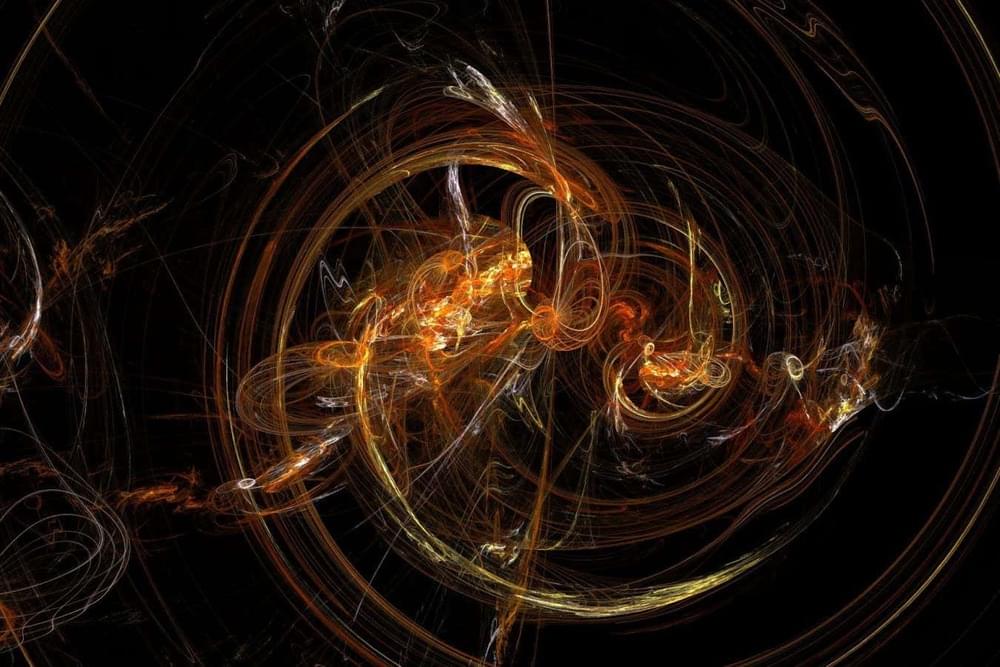
Puzzling ancient galaxies and oddly shaped clusters suggest we have glimpsed cosmic strings travelling at the speed of light – and with them clues to a deeper theory of reality.
By Dan Falk
Recent Gaia satellite findings suggest that dwarf galaxies are transient and less influenced by dark matter than previously believed, challenging long-held assumptions about their nature and composition.
Commonly thought to be long-lived satellites of our galaxy, a new study now finds indications that most dwarf galaxies might in fact be destroyed soon after their entry into the Galactic halo. Thanks to the latest catalog from ESA’s Gaia satellite, an international team has now demonstrated that dwarf galaxies might be out of equilibrium. The study opens important questions on the standard cosmological model, particularly on the prevalence of dark matter in our nearest environment.
It has long been assumed that the dwarf galaxies around the Milky Way are ancient satellites orbiting our Galaxy for nearly 10 billion years. This required them to contain huge amounts of dark matter to protect them from the enormous tidal effects due to the gravitational pull of our galaxy. It was assumed that dark matter caused the large differences observed in the velocities of the stars within these dwarf galaxies.
PBS Member Stations rely on viewers like you. To support your local station, go to: http://to.pbs.org/DonateSPACE
Sign Up on Patreon to get access to the Space Time Discord!
/ pbsspacetime.
If we ever want to simulate a universe, we should probably learn to simulate even a single atomic nucleus. But it’s taken some of the most incredible ingenuity of the past half-century to figure out how that out. All so that today I can teach you how to simulate a very very small universe.
Check out the Space Time Merch Store.
https://www.pbsspacetime.com/shop.
Sign up for the mailing list to get episode notifications and hear special announcements!
https://mailchi.mp/1a6eb8f2717d/space… the Entire Space Time Library Here: https://search.pbsspacetime.com/ Hosted by Matt O’Dowd Written by Euan McLean & Matt O’Dowd Post Production by Leonardo Scholzer, Yago Ballarini, Pedro Osinski, Adriano Leal & Stephanie Faria GFX Visualizations: Ajay Manuel Directed by Andrew Kornhaber Associate Producer: Bahar Gholipour Executive Producers: Eric Brown & Andrew Kornhaber Executives in Charge (PBS): Adam Dylewski, Maribel Lopez Director of Programming (PBS): Gabrielle Ewing Spacetime is produced by Kornhaber Brown for PBS Digital Studios. This program is produced by Kornhaber Brown, which is solely responsible for its content. © 2022 PBS. All rights reserved. End Credits Music by J.R.S. Schattenberg: / multidroideka Special Thanks to Our Patreon Supporters Big Bang Supporters Steffen Bendel Gautam Shine NullBlox. ZachryWilsn Adam Hillier Bryce Fort Peter Barrett David Neumann Charlie Leo Koguan Ahmad Jodeh Alexander Tamas Morgan Hough Amy Hickman Juan Benet Vinnie Falco Fabrice Eap Mark Rosenthal David Nicklas Quasar Supporters Glenn Sugden Dr. Sujasha Gupta Vaka Dr. Vikram Reddy Vaka Alex Kern Ethan Cohen Stephen Wilcox Christina Oegren xaexyz Mark Heising Hank S Hypernova Supporters john ibes Vyce Ailour Brandon Paddock Oneamazinguy Ken S Gregory Forfa Kirk Honour Mark Evans drollere Joe Moreira Marc Armstrong Scott Gorlick Paul Stehr-Green Russell Pope Ben Delo Scott Gray Антон Кочков John R. Slavik Mathew Donal Botkin John Pollock Edmund Fokschaner Joseph Salomone chuck zegar Jordan Young John Hofmann Daniel Muzquiz Gamma Ray Burst Supporters Kane Holbrook Bradley S. Isenbek Jason Bowen John Yaraee Ross Story teng guo Mason Dillon Harsh Khandhadia Thomas Tarler bsgbryan Sean McCaul Carsten Quinlan Susan Albee Frank Walker Matt Q WhizBangery MHL SHS Terje Vold Anatoliy Nagornyy comboy Andre Stechert Paul Wood Kent Durham jim bartosh Nubble Scott R Calkins The Mad Mechanic Ellis Hall John H. Austin, Jr. Diana S Ben Campbell Faraz Khan Almog Cohen Alex Edwards Ádám Kettinger MD3 Endre Pech Daniel Jennings Cameron Sampson Geoffrey Clarion Darren Duncan Russ Creech Jeremy Reed Eric Webster David Johnston Web Browser Michael Barton Mr T Andrew Mann Isaac Suttell Devon Rosenthal Oliver Flanagan Bleys Goodson Robert Walter Bruce B Mirik Gogri Mark Delagasse Mark Daniel Cohen Nickolas Andrew Freeman Shane Calimlim Tybie Fitzhugh Robert Ilardi Eric Kiebler Craig Stonaha Graydon Goss Frederic Simon Tonyface John Robinson A G David Neal justahat John Funai Tristan Bradley Jenkins Kyle Hofer Daniel Stříbrný Luaan Cody Thomas Dougherty King Zeckendorff Dan Warren Patrick Sutton John Griffith Daniel Lyons DFaulk Kevin Warne.
Search the Entire Space Time Library Here: https://search.pbsspacetime.com/
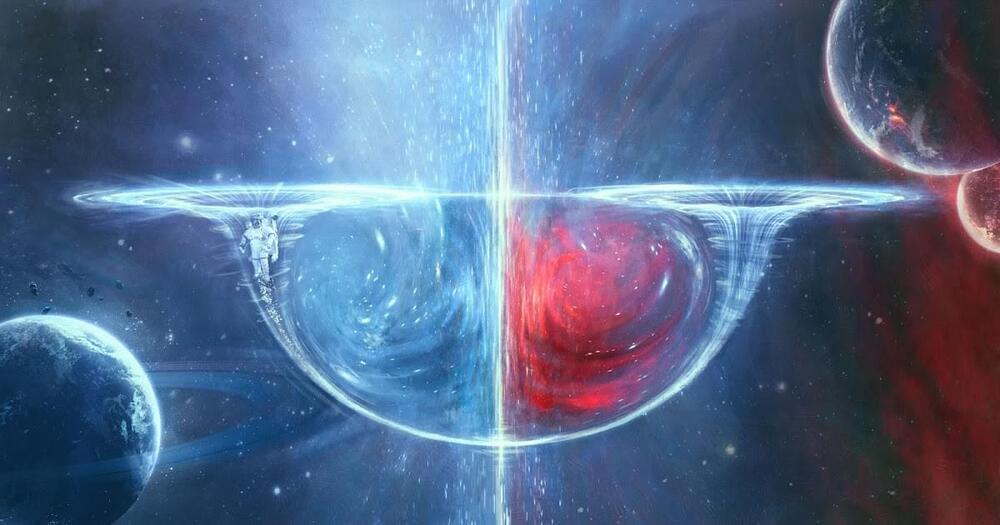
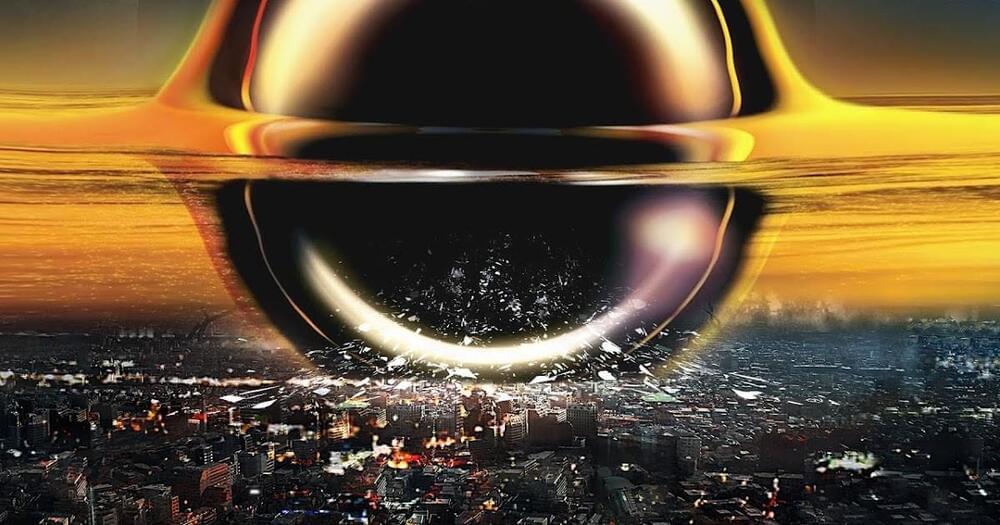
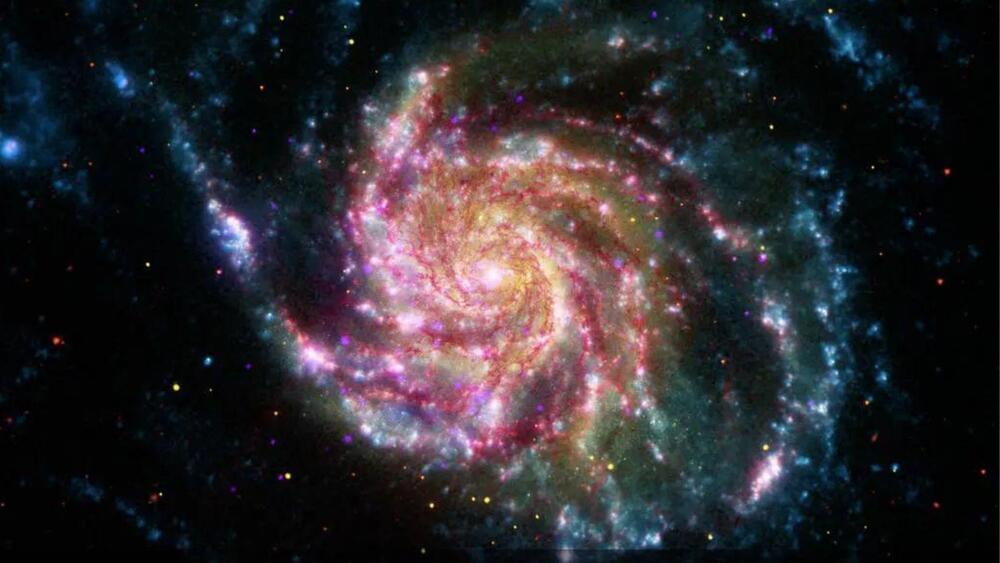
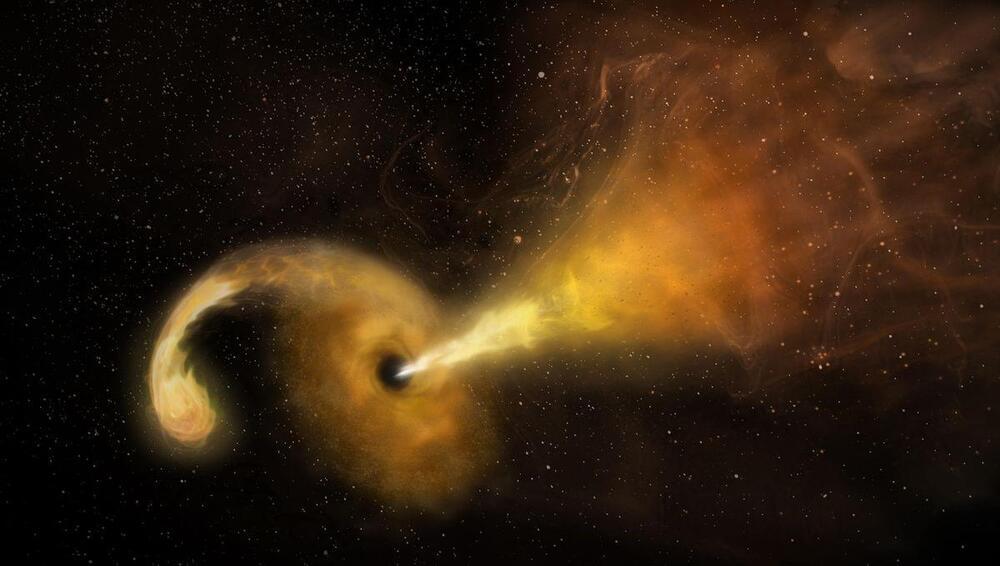
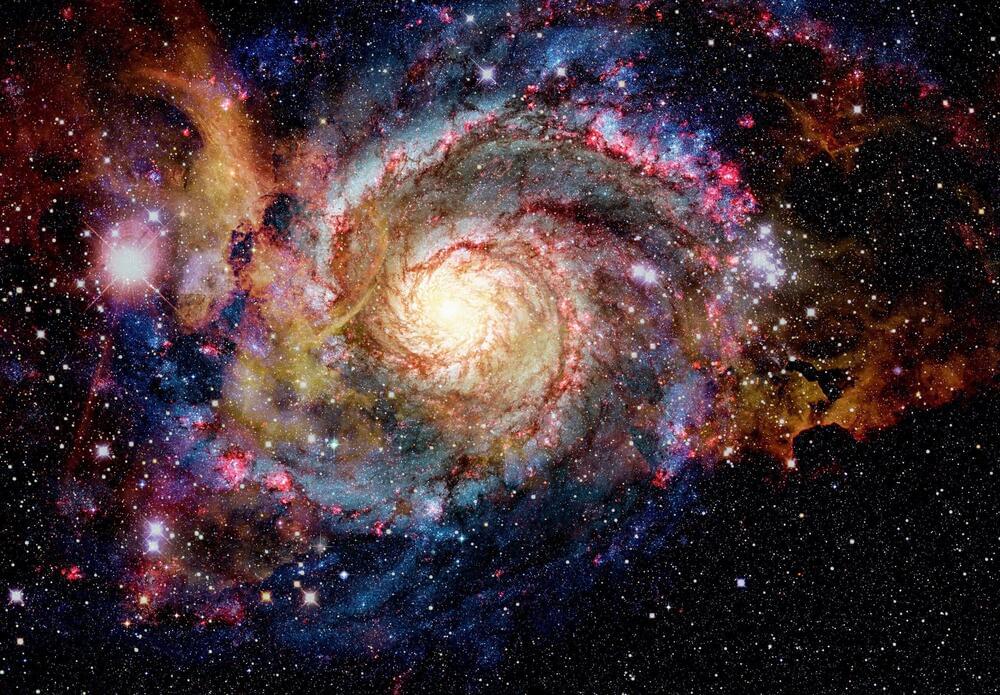
A recent study published in the journal Physical Review D marks a significant advancement in cosmology. A team of researchers has analyzed over one million galaxies to delve into the origins of the universe’s current cosmic structures.
This study contributes to the understanding of the ΛCDM model, the standard framework for the universe, which posits the significance of cold dark matter (CDM) and dark energy (the cosmological constant, Λ).
The model theorizes that primordial fluctuations, originating at the universe’s inception, acted as catalysts for the formation of all celestial objects, including stars, galaxies, and galaxy clusters.
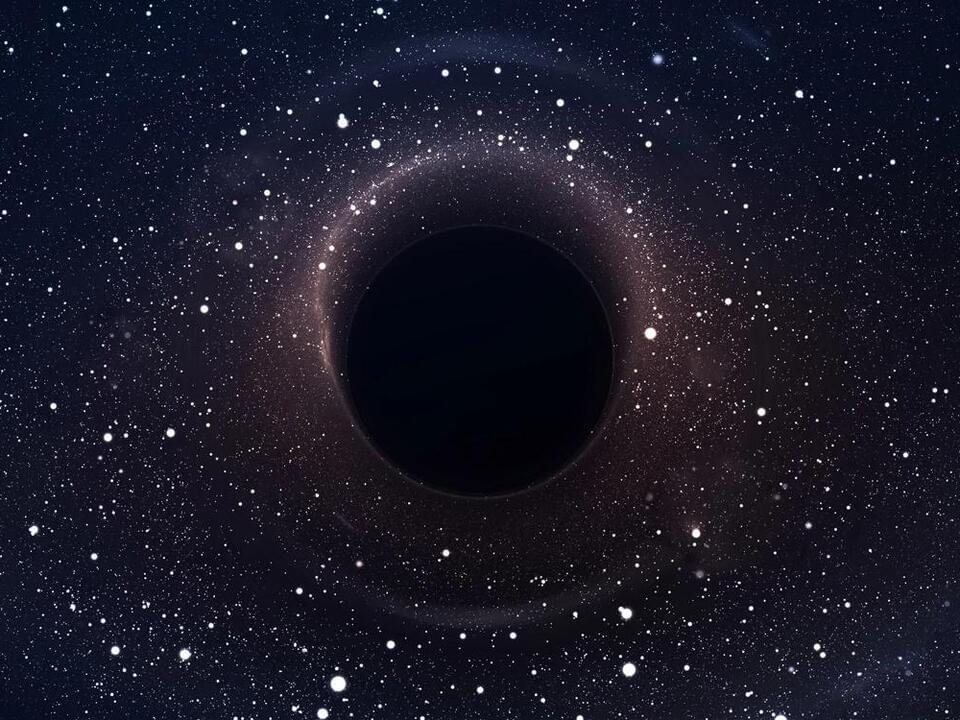
Dark matter is one of the most mysterious things in the universe. But right up there in the same category are black holes — massive cosmic holes that seem to suck everything into them. Now, a new research paper posits that black holes and dark matter may go hand in hand thanks to parasitic black holes living inside of stars.
I know that’s a lot to take in, and I thought the same thing when I was reading through a new paper featured in The Astrophysical Journal . The new paper suggests that black holes might be living inside stars throughout the universe, eating away at them from the inside.
It’s a terrifying thesis and one that becomes even more terrifying when you think about the possibility of a black hole being inside our sun, eating away at it until the sun eventually dies. But just how much merit is there to this claim? Could parasitic black holes really be the cause of dark matter in the universe?
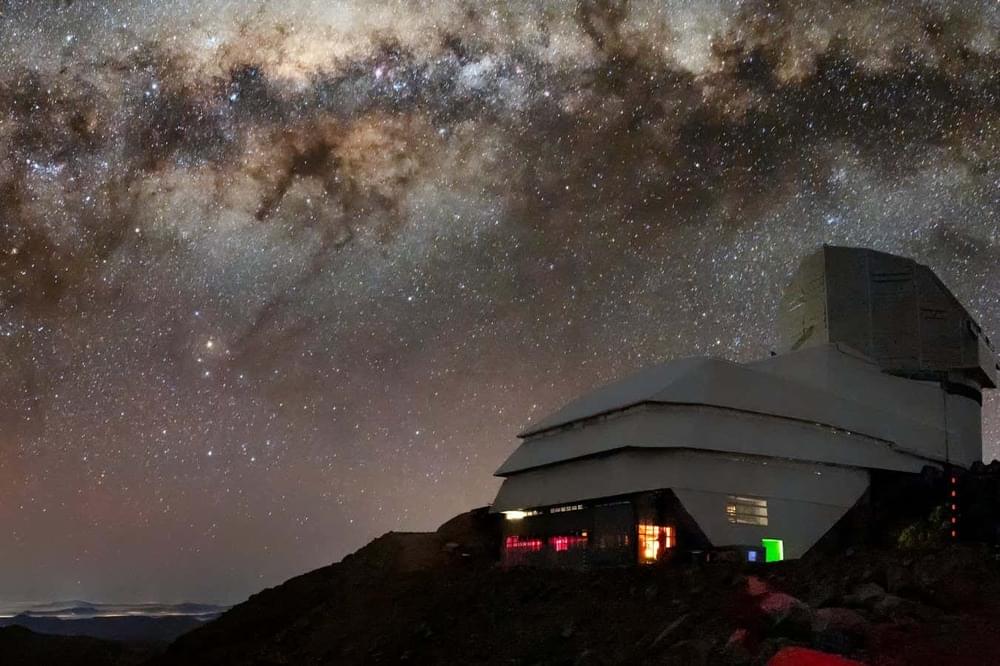
Physicists have proposed that a mirror universe alongside our own might explain dark matter – and we might be able to see traces of its stars.